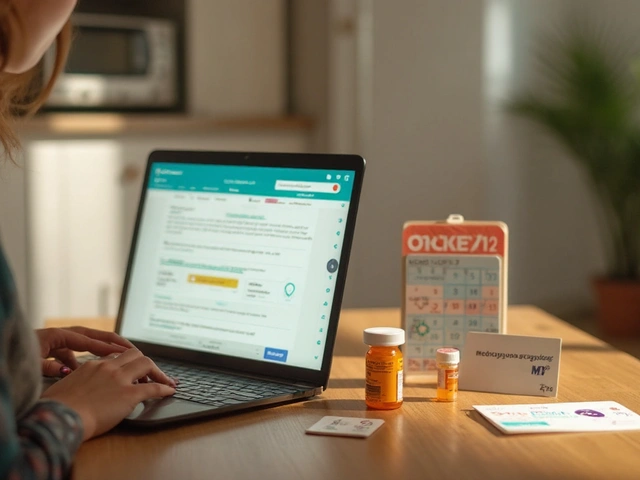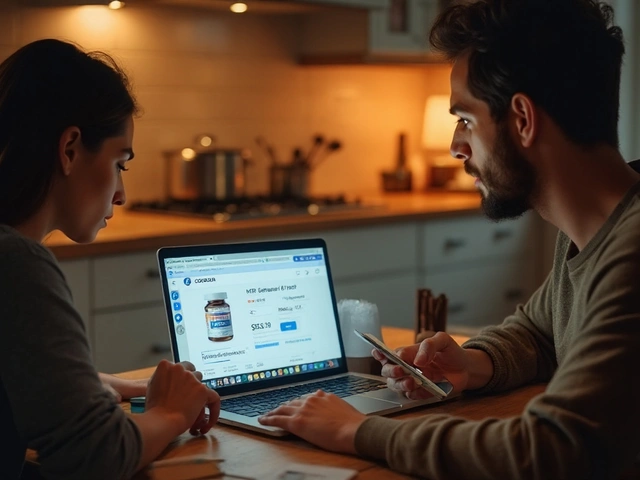Medication Management: Easy Tips to Keep Your meds Safe and Effective
Keeping track of what you take, when you take it, and why can feel like a full‑time job. The good news is you don’t need a pharmacy degree to stay on top of your prescriptions. A few simple habits can stop missed doses, unwanted side effects, and costly mix‑ups.
Organizing Your Pills
First, write down every medication you use – prescription, over‑the‑counter, vitamins, and herbal supplements. Include the name, dose, frequency, and why you’re taking it. A notebook works, but a spreadsheet or a free phone app adds a searchable backup.
Next, invest in a weekly pill organizer. Each compartment holds the pills for a specific day and time, so you see at a glance if something’s missing. Fill the organizer once a week, ideally on the same day, and keep it in a visible spot like the bathroom counter.
If you travel, pack a separate travel‑size organizer. Label each pocket with the day and time before you leave. This avoids scrambling for pills at airports or hotels.
Staying Safe with Interactions
Drug interactions are a hidden danger. Even a vitamin can affect a prescription. Whenever you start a new med, talk to your pharmacist or doctor about possible clashes. Ask for a printed list of foods or other drugs to avoid.
Set up reminders. Your phone’s alarm or a dedicated medication app can alert you minutes before it’s time to take a dose. Some apps also let you log how you feel, making it easier to spot side‑effects early.
Store medicines properly. Most pills belong in a cool, dry place away from sunlight. Keep them out of reach of children and pets, and never share your meds with anyone else.
Review your medication list at least once a year with your healthcare provider. Over time, dosages may need adjusting, or a drug may no longer be needed. Removing unnecessary meds reduces the risk of accidental overdose.
For chronic conditions like high blood pressure or diabetes, combine your med list with lifestyle notes – diet, exercise, and blood‑sugar readings. Seeing the whole picture helps you and your doctor fine‑tune treatment.
Finally, keep a backup supply of essential meds if you can. A short‑term stock (two weeks) can be a lifesaver if a pharmacy runs out or you face a sudden travel delay.
Managing medication doesn’t have to be stressful. With a written list, a simple organizer, smart reminders, and regular check‑ins, you’ll protect your health and keep your routine running smoothly.
Learn how to create a simple, effective personal medication safety plan with your care team to prevent dangerous errors, avoid drug interactions, and stay in control of your health - no matter your age or condition.
Continue reading
Lamivudine is a commonly used drug for treating viral infections like HIV and hepatitis B, but it often comes with gastrointestinal side effects. These can include nausea, vomiting, and diarrhea, making it crucial to know how to manage them effectively. Understanding the causes and learning how to alleviate these symptoms can ensure a smoother experience while on the medication. This article provides practical tips for minimizing discomfort and maintaining health while under treatment.
Continue reading






